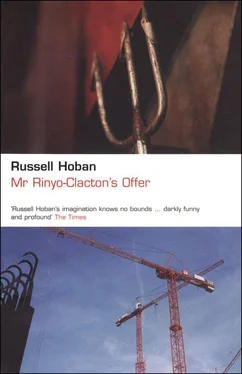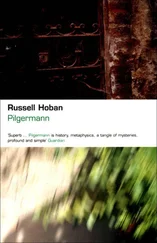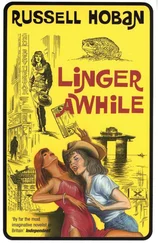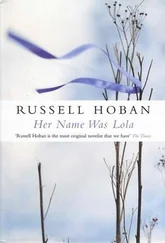‘With that kind of positive thinking we can’t lose.’ We drank to that, one thing led to another, and we made the most of our HIV-negativity.
Nowadays I’m writing copy at Pottley & Trewe; I’m on HERO Men’s Toiletries, doing print ads for Mon Brave aftershave. The latest has a black-and-white photo with that pearly, high-fashion nudity one sees so much of these days — a close-up of a young man in bed — mostly his bare upper torso and a bit of chin and smile, with a woman’s arm thrown across his body. ‘THE SMELL OF SUCCESS’ is the line and the product is shown with it. Everybody liked it but I find myself wondering about the words I wrote. The success, one assumes, is that, assisted by Mon Brave, he got a woman into bed. If he were alone would the line have to be ‘THE SMELL OF FAILURE’? Well, if his object was to find someone to help him make it through the night, sleeping alone would have to be a considered a non-result, wouldn’t it. But of course if he were sleeping alone he wouldn’t have been in the ad. Sometimes I wonder what the fictional people in our ads are doing when they’re not in the photo or on the screen. Do they hang out with Hendryk in unseen rooms of Van Hoogstraten’s peep-show?
I was hired by Gary Willoughby, the Copy Supervisor. He tends to brush against me in places where there’s plenty of room to pass. Lots of interesting women go into advertising, and a fair number of them can be found at Pottley & Trewe and at the Serpent & Apple where the agency crowd gather at lunchtime and after work. Eye contacts; body language; a hand on your arm while talking; pheromones zinging back and forth — sometimes the certainty that something can be made to happen exerts pressure to make it happen but I’ve restrained myself.
I replaced the money I spent and gave the full one million pounds to the Terence Higgins Trust, which impressed me even more than it did them. Serafina and I have settled into a comfortable routine and life is pretty good. As good as it used to be?
Well, there comes to mind ‘The Story of Kwashin Koji’, translated from the Japanese by Lafcadio Hearn. Kwashin Koji is an old man who earns his living by busking with a wonderful Buddhist scroll painting, a kakemono. There are several attempts to get this picture from him by foul means and fair, and after some astonishing twists and turns in the story he agrees to sell the painting to Lord Nobunaga, the ruler of the province, for one hundred ryo of gold. The scroll is then unrolled for its new owner but the picture, which had been magically vivid and full of life before, now looks a bit dim. Nobunaga wants to know why. Kwashin Koji explains that formerly the picture was beyond price, but since a price has been put on it, it has become just one hundred ryo’s worth of painting.
What I have now is what I’ve bought with my actions. I think I love Serafina more than I did before; I’m now mindful of the value of what I almost lost for ever. She loves me too, I think, although she doesn’t use the L-word any more and neither of us has mentioned the oasis dream since we’ve been back together. She kicks me a lot in her sleep but at least she doesn’t do it when she’s awake.












